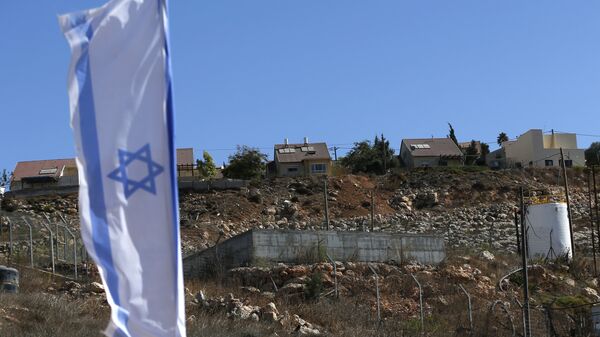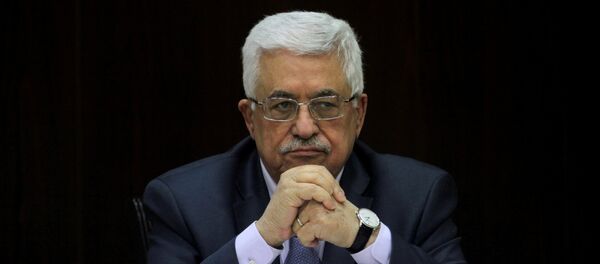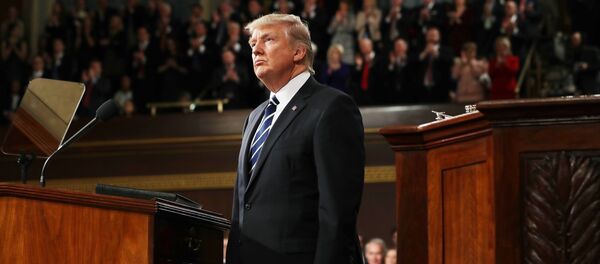"There is a real opportunity to make peace, and the international community should reinforce this opportunity and not miss it, because the region is in a state of boiling, and the occupation can not continue in any way," Abu Rudeineh said as quoted by the WAFA news agency.
According to the spokesman, Abbas will reiterate the need for a "just and comprehensive peace based on the two-state solution and the Arab Peace Initiative."
The spokesman added that the Palestinian leadership stays committed to the resolution of the conflict which would lead to the establishment of peace and stability in the region.
Apart from meeting with Trump, Abbas' visit to the United States is expected to include the meetings with several senior administration officials and to be focused on the peace process.
Over decades, Palestinians have been seeking diplomatic recognition for their independent state on the territories of the West Bank, including East Jerusalem, which is partially occupied by Israel, and the Gaza Strip. The Israeli government refuses to recognize Palestine as an independent political and diplomatic entity and continues to build settlements in the occupied areas, despite objections from the United Nations.
The Arab Peace Initiative of 2002, chosen by the international community as the basis for conflict resolution, implies the creation of an independent and sovereign Palestinian state within the borders set prior to the Six Day War in 1967, when Israel seized the West Bank, Gaza Strip, Golan Heights and the Sinai Peninsula. The two-state solution concept calling for the creation of two states, Israel and Palestine, for two groups of people, also requires the establishment of the Palestinian state within the borders of 1967.



